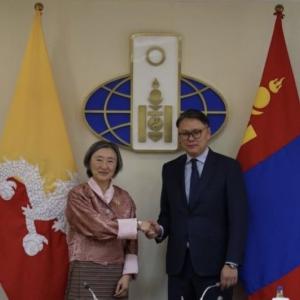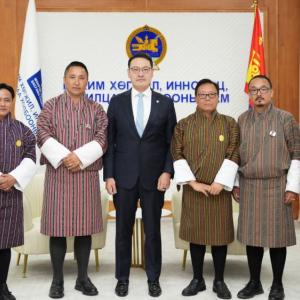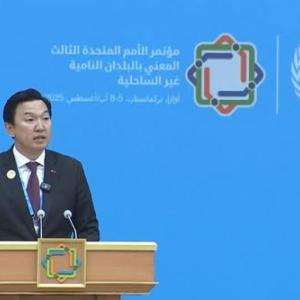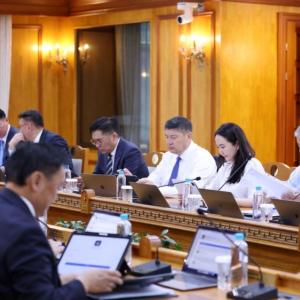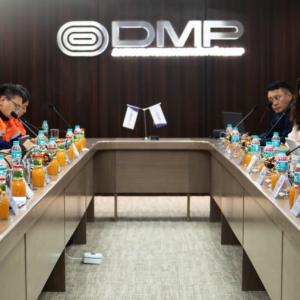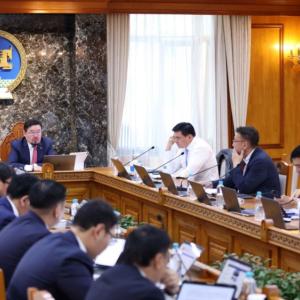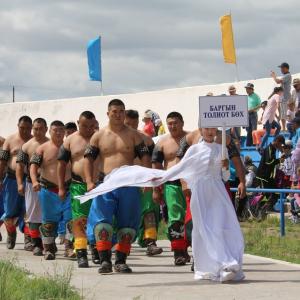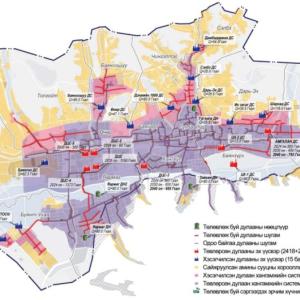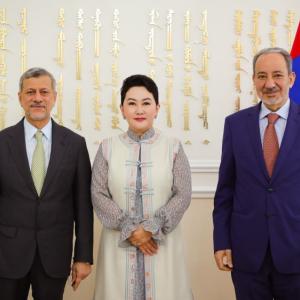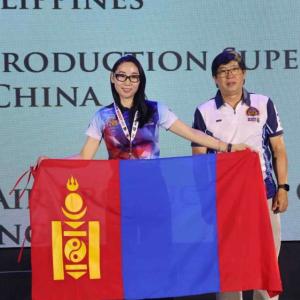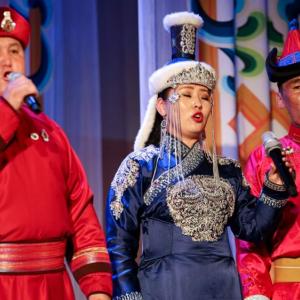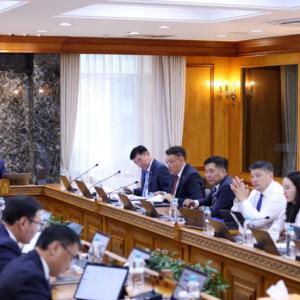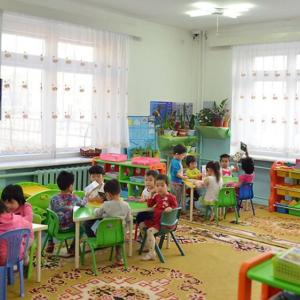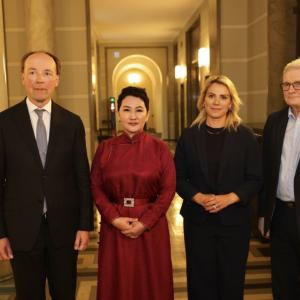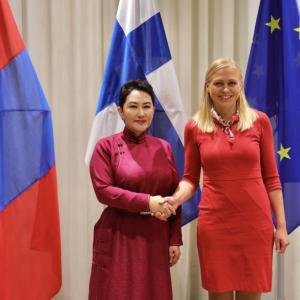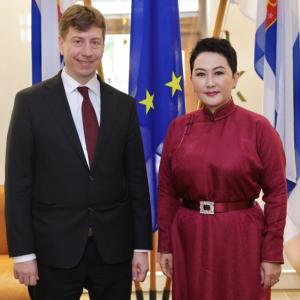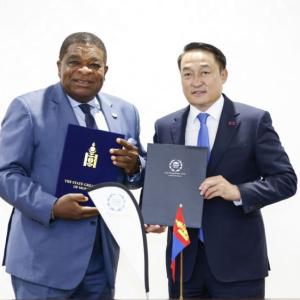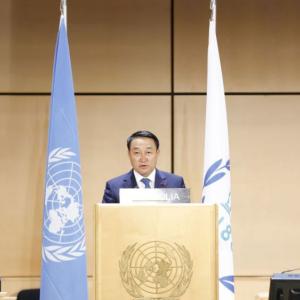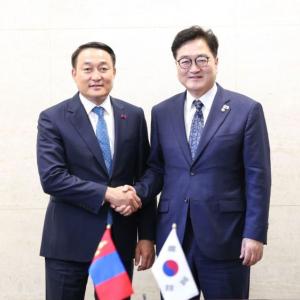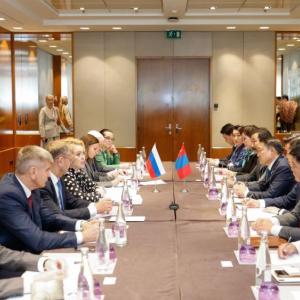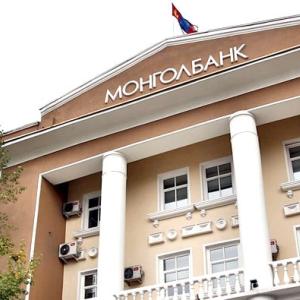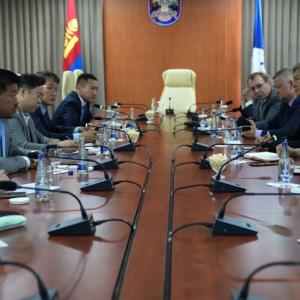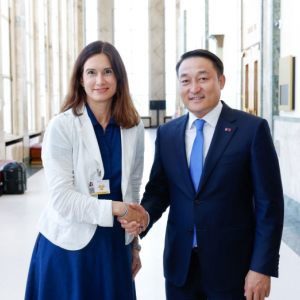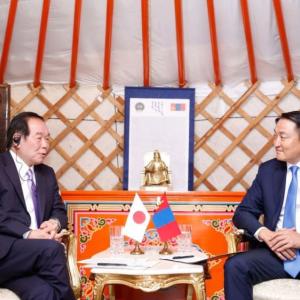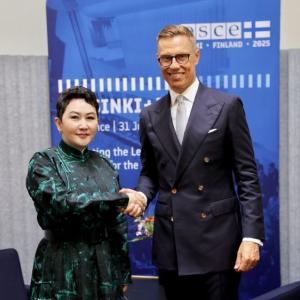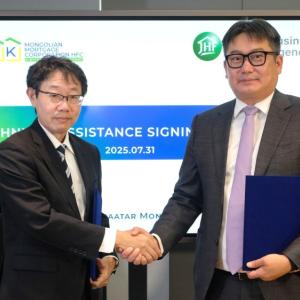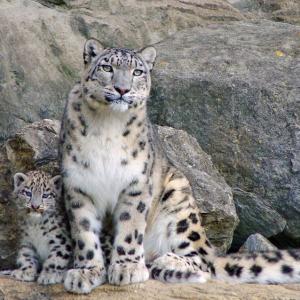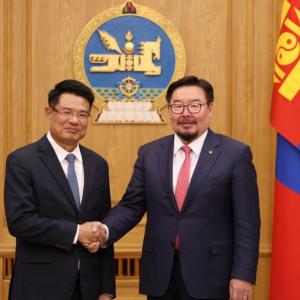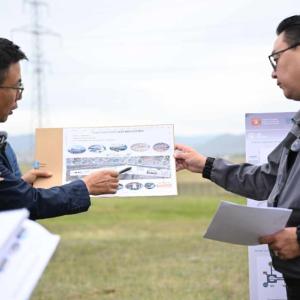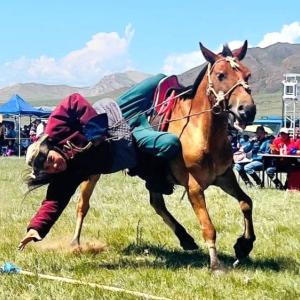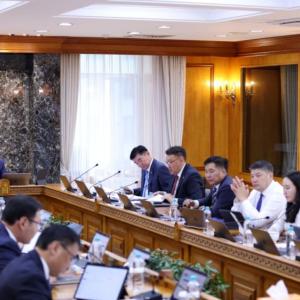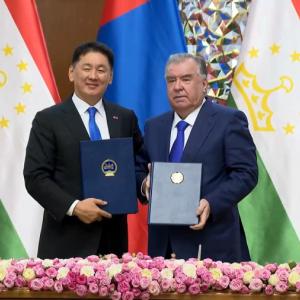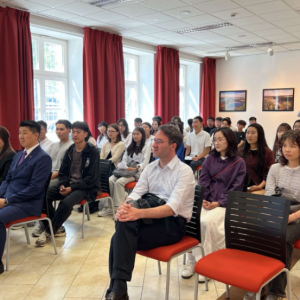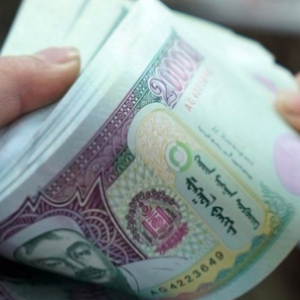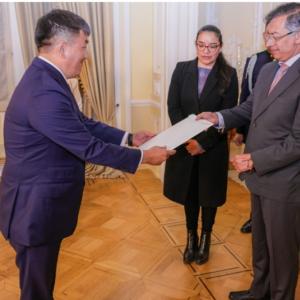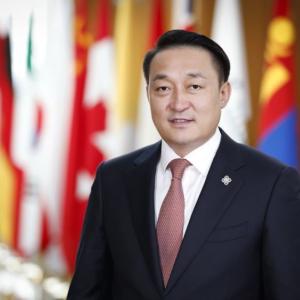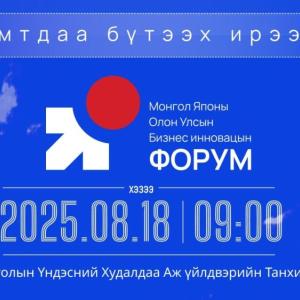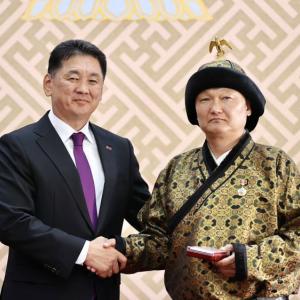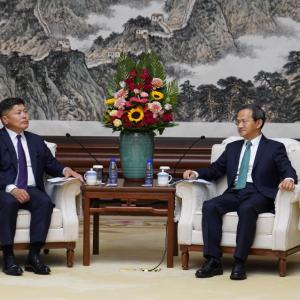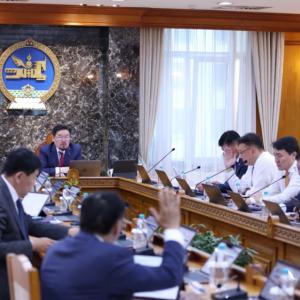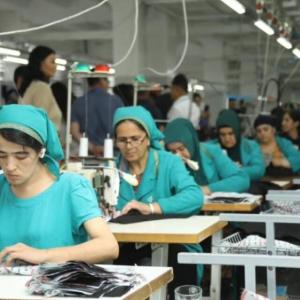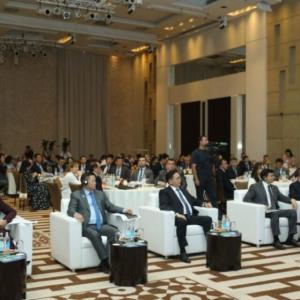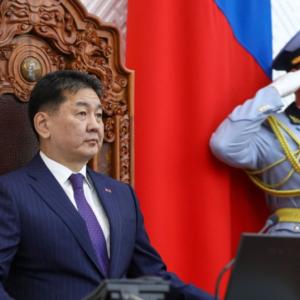"Sustainable Cashmere of Mongolia PGI" - European Certification
Society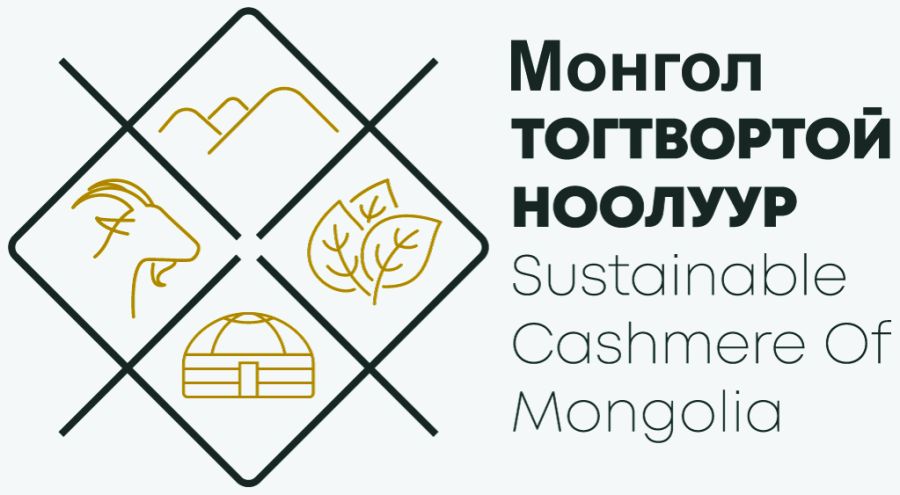
Ulaanbaatar, February 28, 2023 /MONTSAME/. The European Union Commission has officially confirmed to the Mongolian National Federation of Pasture User Groups (MNPUGs) the official opening of the EUROPEAN PROTECTED GEOGRAPHIC INDICATION OF ORIGIN (PGI/IGP) CERTIFICATION process of the “SUSTAINABLE CASHMERE” produced in Mongolia (МОНГОЛ ТОГТВОРТОЙ НООЛУУР / MONGOL TOGTVORTOI NOOLUUR).
MNFPUGs today has become the herders’ largest collective organization in Mongolia, whose 1.754 associated PUGs of herders and cooperatives and its 93.000+ member herder families (equivalent to 1/3 of the total Mongolian population and 70% of the rural population), produce about 28% of the worldwide cashmere fibre.
MNFPUG’s new “business model” for a “GI certified” and fully traceable value chain has won Milan EXPO 2015 award as the best project for a Sustainable and Community driven initiative for Natural Resource management in the world. SDC’s Green Gold’s “Responsible Nomads” (RN) Code of Best Herding Practices, following intense work with the MoFALI, has been recognized as the Mongolian Government’s only National Standard for Sustainable Herding and Rangeland Management (MNS 6891:2020). MNFPUGs has obtained the Certification of Origin (GI) of Cashmere fibre herded in compliance with the RN Standard from the Mongolian Patent Office (IPOM) and engineered a sophisticated blockchain-based traceability system, to be used by end-buyers for certifying their Cashmere products’ exact origins and chains of supply.
Ensuring a source of Cashmere fibre at origin has also become an increasingly vital matter to European & Italian textile industries, and – more generally – to all Western Luxury brands due to frequently insufficient stock levels, caused by greater global demand for fine Cashmere products.
The chain of value disruption which European Textile industries experienced, especially during the COVID outbreak, is somehow similar to those western economies are facing in other sectors, which rely on foreign supplies of, for instance, micro-conductors and microchips, solar panels, energy, and gas. We expect the registration process to take 6 to 8 months, being it a mere recognition of already existing MNPUG’s Mongolian GI certifications, following both WTO TRIPS reciprocity agreements and the EU PGI/IGP Regulation. Sustainable Cashmere of Mongolia PGI’s Book of Specifications (BoS) foresees the fibre to be obtained from Sustainable Herding following the “Responsible Nomads” Code of Best Herding Practices (MNS 6891:2020 Government standard), and be processed in Mongolia following the “Mongolian Noble Fibre” Code of Practice (MNS 6809:2019 Government standard).
The European PGI Certification scheme will therefore ensure to international end-consumers the quality, origin, and true sustainability of the Cashmere Fibre which their products are made of, in compliance with the Government of Mongolia’s official standards.
Making Mongolian “Nomadic” Cashmere distinctive and truly unique (e.g. compared to Cashmere farmed intensively in Inner Mongolia), will also allow global Luxury brands to prove transparently a new, priceless, storytelling. To make it short, the MONGOL TOGTVORTOI NOOLUUR European PGI certification will deliver big added value to the whole Mongolian Cashmere Sector.
The “Sustainable Cashmere of Mongolia PGI” mark, according to MNFPUG's italian partner Mr. Francesco Saldarini, will be issued to any Mongolian producer which will comply with the Mongol Togtvortoi Nooluur’s PGI Book of Specifications, and it’ll therefore be a tremendous incentive to promote furthermore Rangeland Preservation, Animal Welfare, and a truly Responsible and Sustainable production. The combination of the European PGI Scheme and the compliance to those only valid and official Government Standards for sustainable production will also void the harm and the confusion caused on international markets by fake “sustainability certifications” for Cashmere fibre, backed by foreign private interests. The European PGI certification will ultimately boost bilateral economic relations with Europe and the USA in the Cashmere sector and deliver big added value to Mongolia’s GDP.
For all said reasons, MNPUGs is keen to extend furthermore its know-how to the Government of Mongolia and the MWCA, and to share the value it’s building with all the Cashmere Sector Stakeholders. MNFPUG’s social role and the importance of its plan of action for supporting the entire Mongolian Cashmere Sector, have been endorsed by the US Government (cf. USAID & USTR 28.2.2021 Report to the Government of Mongolia) and the Italian Government (cf. 22.6.2021 Italy – Mongolia “Bilateral technical economic commission,” co-chaired by the Minister of Agriculture and the Light Industry and by U/S the Hon. Manlio di Stefano). MNPUGs has seeded its precious know-how nationwide, and we’ve tendered to other stakeholders for jointly managing several projects, including some which were funded by the European Union such as – for instance - the so-called "Step Ecolab” program, which the MWCA also is a co-applicant of. MNPUG’s new “business model” for a “GI certified” and fully traceable value chain (and their underlying technical papers and tools) are scalable, and they could be easily used for delivering value to other Sectors in Mongolia with similar needs (e.g., for the Meat and Dairy products chains of value).
The MoFALI and the MWCA Association, which MNPUGs shares the very same “final goals to achieve” with, have acted greatly in establishing the “Mongolian Noble Fibres” Code of Practices (MNS 6809:2019 Government standard) and the Mongolian Sustainable Textile Production (MNS 6926:2021 Government standard) which will ensure the compliance of Mongolian industries to process fibres (e.g., Cashmere, Yak, Camel and Baby Camel) in an environmental-friendly way, also respecting highest international labor standards.


 Ulaanbaatar
Ulaanbaatar

